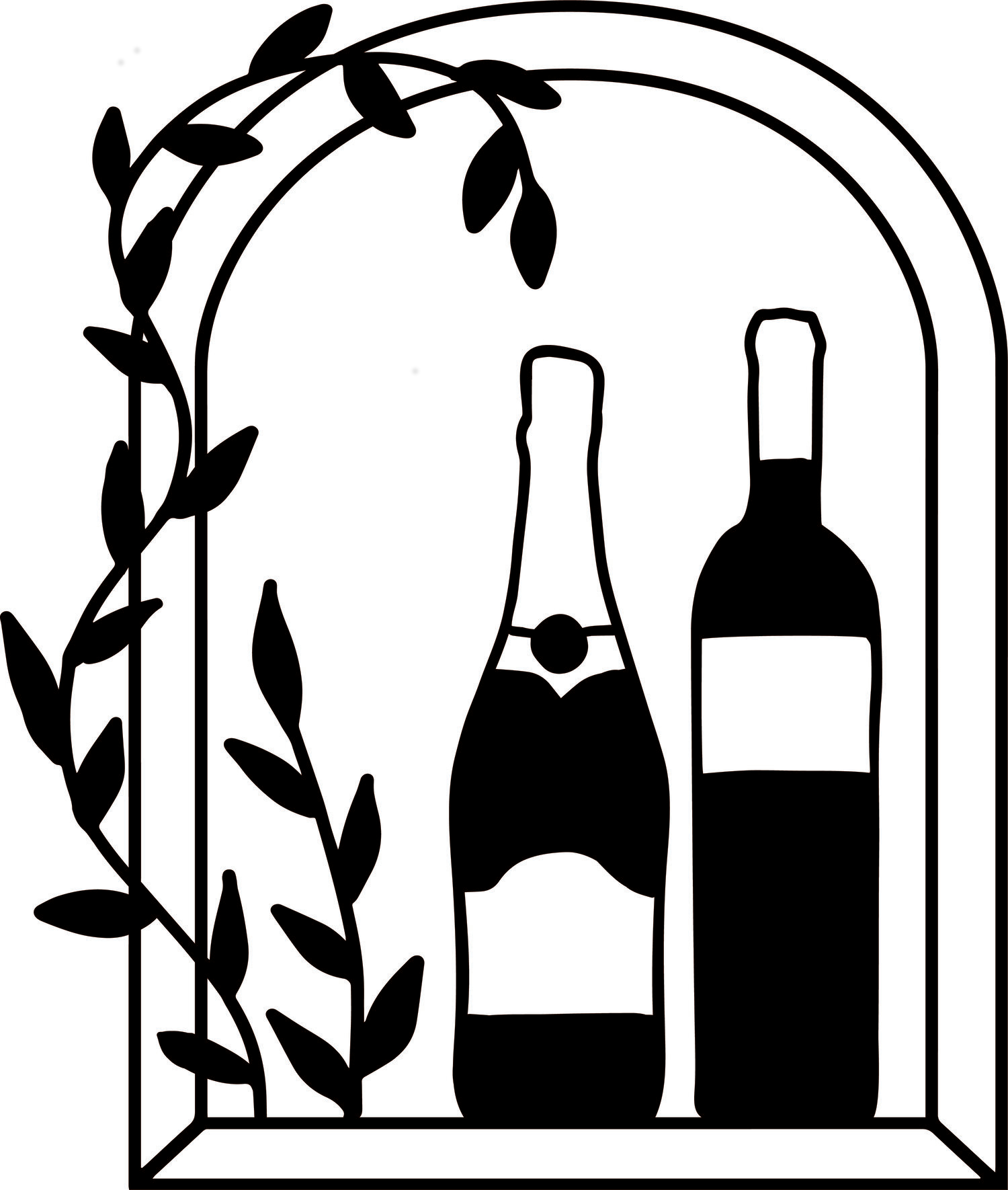Pascal Doquet ‘Arpege’
Pascal started working with his parents in the vineyards in 1982 and began making the wine in 1995 so one could say he has been at this for quite some time. When he took over completely, he pushed the the notion that chemicals in the vineyards are bad.
This caused a riff in the family and he split the family holdings with his sister in 2004. Walking through the vineyards it is very easy to see the difference in his farming vs his sisters farming. Pascal uses extensive cover crops and uses plant-based treatments and is exceptionally focused on vineyard management in order to express the subtleties of his terroir and to make honest wines. As Pascal often says “it’s the viticulture that makes the difference, not the vinification.”
To this end, harvest is done by hand with strict hand-sorting taking place in both the vineyards and the cellar. The grapes are gently pressed and fermented with indigenous yeast, most often in enamel-lined tanks, but neutral oak is used in parts of the aging process. Some juice is left on the gross lees for a minimum of five months and receives minimum bâtonage to bring some richness without oak. Malolactic fermentation occurs naturally and the resulting juice is then aged for a minimum of three years before disgorgement and released.
The Chardonnay for this wine comes from the vineyards of Vertus, Villeneuve and Mont Aimé. About 1/3 comes from a perpetual reserve started years ago (a solera system of sorts). The reserve is vinified in enameled stainless steel to keep freshness.
Aged in a large cellar cut directly into the chalky soils of the Côte des Blancs, the Arpege spends 54 months on the lees before being disgorged with little to no dosage.
Pascal believes in holding the Champagne at the domaine before releasing so that it is ready for immediate enjoyment even though it would easily age for another decade. Amazingly structured with a lovely savory component that is balanced with a gorgeous citrus streak (lemons and a touch of grapefruit pith). The mineral detail and a stony edge to the concentrated fruit - combine that with all that lees contact, this is serious stuff, covering the full spectrum of flavour and a lovely acid line. Truly a wonderful balance between citrus, cream, brioche, and apricot. Light yet with tremendous depth of flavor: cream, lemon oil, chalk and an apricot lift to finish.
a direct quote "Organic agriculture is not easy, especially in Champagne where the weather is often wet when the vines are susceptible. Choosing that road requires a strong will to resist the pressure of main-stream thinking that exists in any group or trade. However it is also often gratifying. My vineyards are like islands of bio-diversity. Each of my visits in my vineyard brings me reasons to rejoice: A new flower starting to grow, the buzzing of the bees, the peeps of the birds which fly away as I get closer or a startled jackrabbit which runs away"

